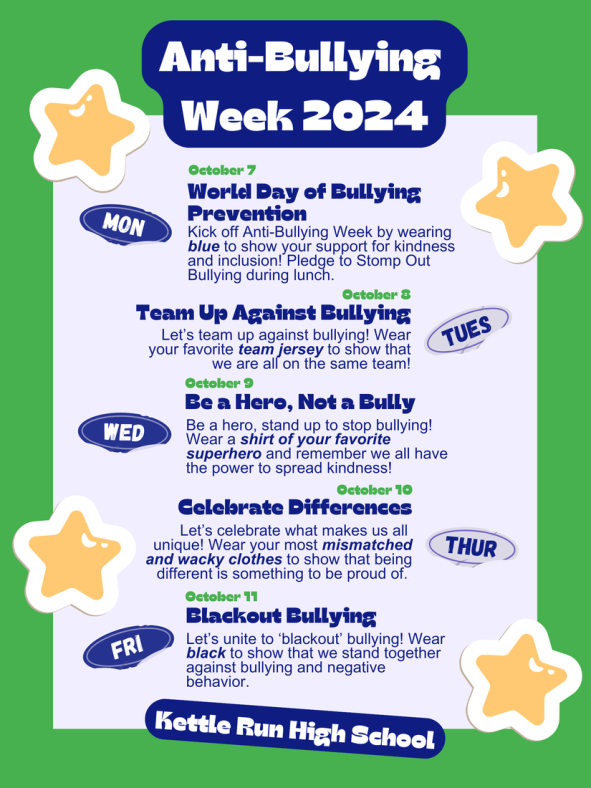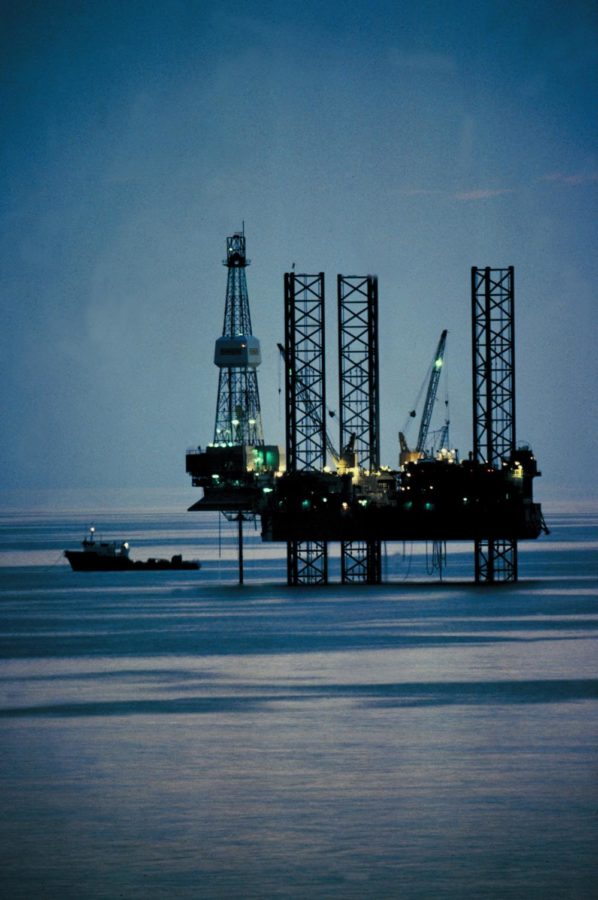What is The Willow Project?
March 28, 2023
The oil industry is a very important part of the United States economy, but is it worth the impact that oil drills leave on our environment? Crude oil, also known as petroleum, provides approximately 28% of the energy production in the U.S., but oil drills also damage animal habitats, cause oil spills, and disrupt animal migration. A newly approved oil and gas drilling project, named the Willow Project, has caused much controversy between supporters and climate activists. So what is the Willow Project, and what are some of its effects on the economy and the environment?
The Willow Project is an oil and gas drill project that was created by ConocoPhillips, a company that provides oil exploration and production services. It was originally approved in 2020 by the Trump administration to build five drill pads in Alaska, but the Biden administration reduced it to three when it was reapproved in March of 2023. Now that the project has been approved, construction can begin. ConocoPhillips will construct the drill pads in the National Petroleum Reserve, and the area where the project is planned holds over 600 million barrels of oil. The Willow Project is larger than ConocoPhillips’ other two drilling projects in Alaska, and is also the largest proposed oil drilling project on U.S. public land. According to the company, the Willow Project has the potential to produce up to 180,000 barrels of oil a day.
The Willow Project is not lacking in support, mostly due to the number of jobs and economic boost it would provide for the state. It is very important to Alaska’s officials because their economy relies heavily on the drilling industry. Having another drilling project would boost oil production and help the state’s economy, while also providing more jobs for those who would work at the site. Revenue is another large factor that has gained more support for the project. ConocoPhillips has stated that the project will generate $17 billion for the federal government, state government, and other local Alaska communities. Revenue drew in another group of supporters, a collection of Alaska Native groups from the North Slope. For them, the money from the Willow Project would help fund services like education and health care. Supporters of the project also approve of how increased production would keep energy prices in check, and how the oil produced would lessen U.S. reliance on petroleum energy from other countries.
While the Willow Project would indeed provide more jobs and revenue for the United States, it would also have negative effects on the environment and contribute to climate change. Many environmental activists are against it, and there has already been a lawsuit filed against the Biden administration’s approval of the project. There are many different parties involved in the lawsuit, including SILA, the Alaska Wilderness League, Environment America, the Northern Alaska Environmental Center, the Sierra Club, and the Wilderness Society. These parties are calling for the U.S. District Court for the District of Alaska to scrap approval of the project because of a failure to consider the project’s climate risks and harm to wildlife. Not only would there be harm to wildlife, but the Willow Project will also contribute to climate change and the warming of the Arctic. The Biden administration has estimated that the oil the project would produce could generate over nine million metric tons of carbon pollution in one year, which would have the same effect as adding two million cars to the roads.
With the approval of the Willow Project, the Biden administration has also moved to protect over 13 million acres of the petroleum reserve, areas known for their important wildlife habitats. For most in favor of protecting the Earth, however, that is not enough. There is an online petition on Change.org called “Stop the Willow Project”, and it already has over 3.6 million signatures. If reading this has increased your interest in protecting the environment and trying to put a halt to the Willow Project, check out other articles and petitions for further information.



















